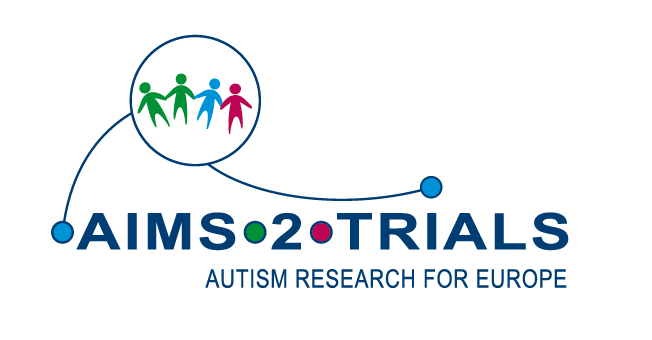Data Analysis

AIMS-2-TRIALS has an innovative approach to data storage and analysis
We will lead large studies with hundreds of participants and we will combine data from our different studies into a central database that is simple and efficient to use.
We know that every autistic person is different and it is important that this diversity is captured in research, however previous studies have often involved only 20 to 100 participants. Many more participants are needed to better understand autism and to identify biomarkers. To overcome the difficulties inherent to small studies, researchers have previously combined data from many studies into large databases. One of the main problems with this approach is that not all scientists collect the same type of data. Different types of data are now stored in separate databases, which makes it difficult to analyse the data together. For example, data from brain scans may need to be analysed alongside genetic or clinical information, as well as neuropsychological tests such as questionnaires.
In AIMS-2-TRIALS, we will collect data in similar ways across our different studies and study sites. We will also build a database that is accessible, practical and easy to navigate so that others can use and analyse our data efficiently. We are the first large research programme to build a database to hold all of this information together in one place. Our database will include a wide variety of data, for example on clinical scores, neuropsychological tasks, brain scans and genetic tests. We will follow field-wide best practices and all relevant regional, national, and international laws on data storage.
Objectives
1. Create a database to securely store and share different types of data in one place
2. Develop and provide AIMS-2-TRIALS researchers with cutting edge statistical tools and techniques for data analysis
3. Establish an international data network so that the database can support high quality research around the world
Leads
Lead:
Christian Beckman,
Radboud University
Co-lead:
Thomas Bourgeron,
Institut Pasteur
Co-lead:
Christopher Chatham,
Roche










